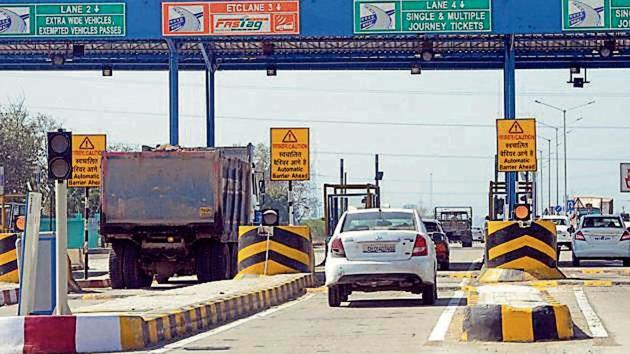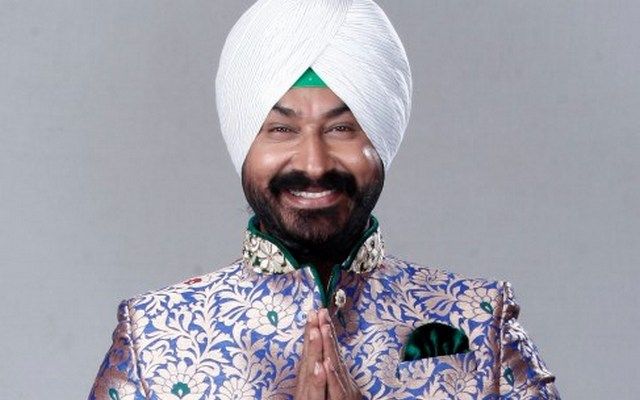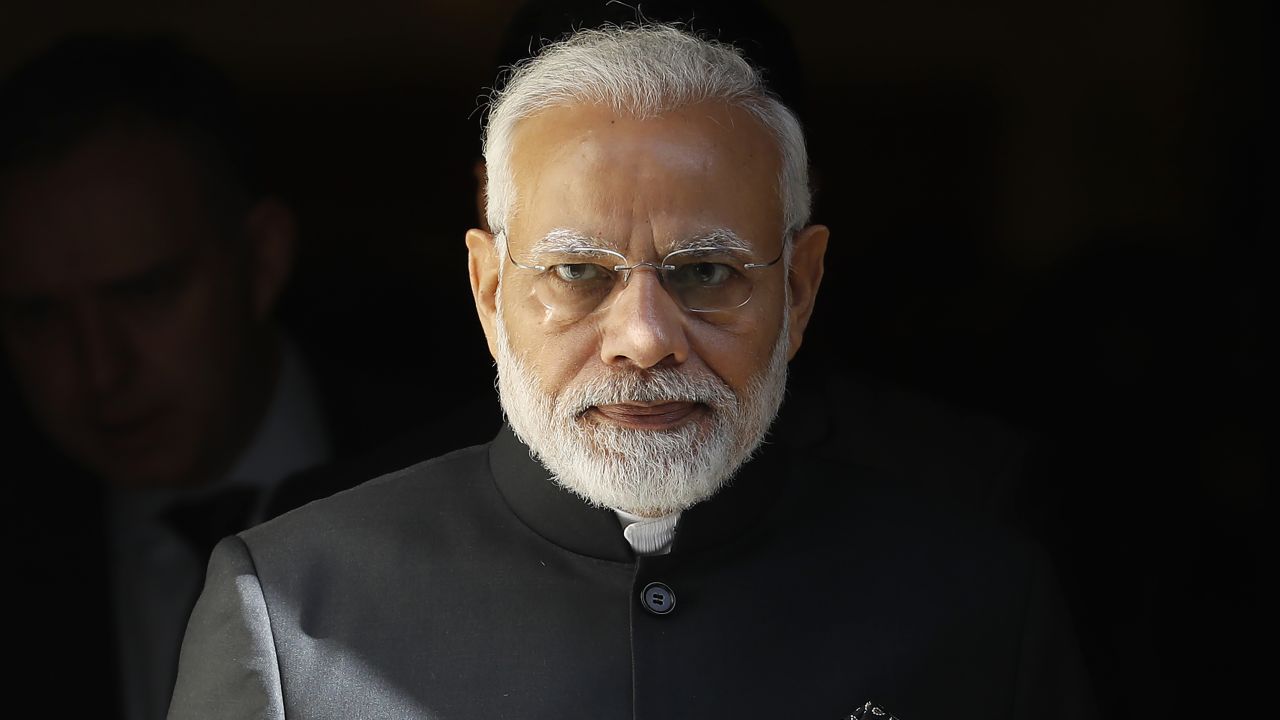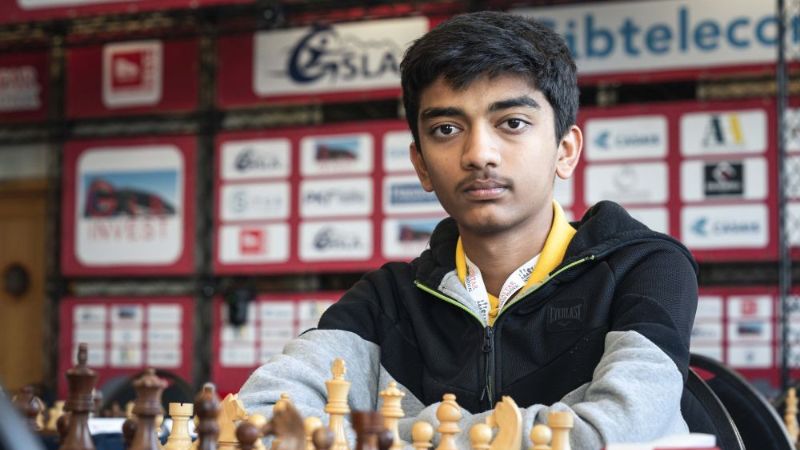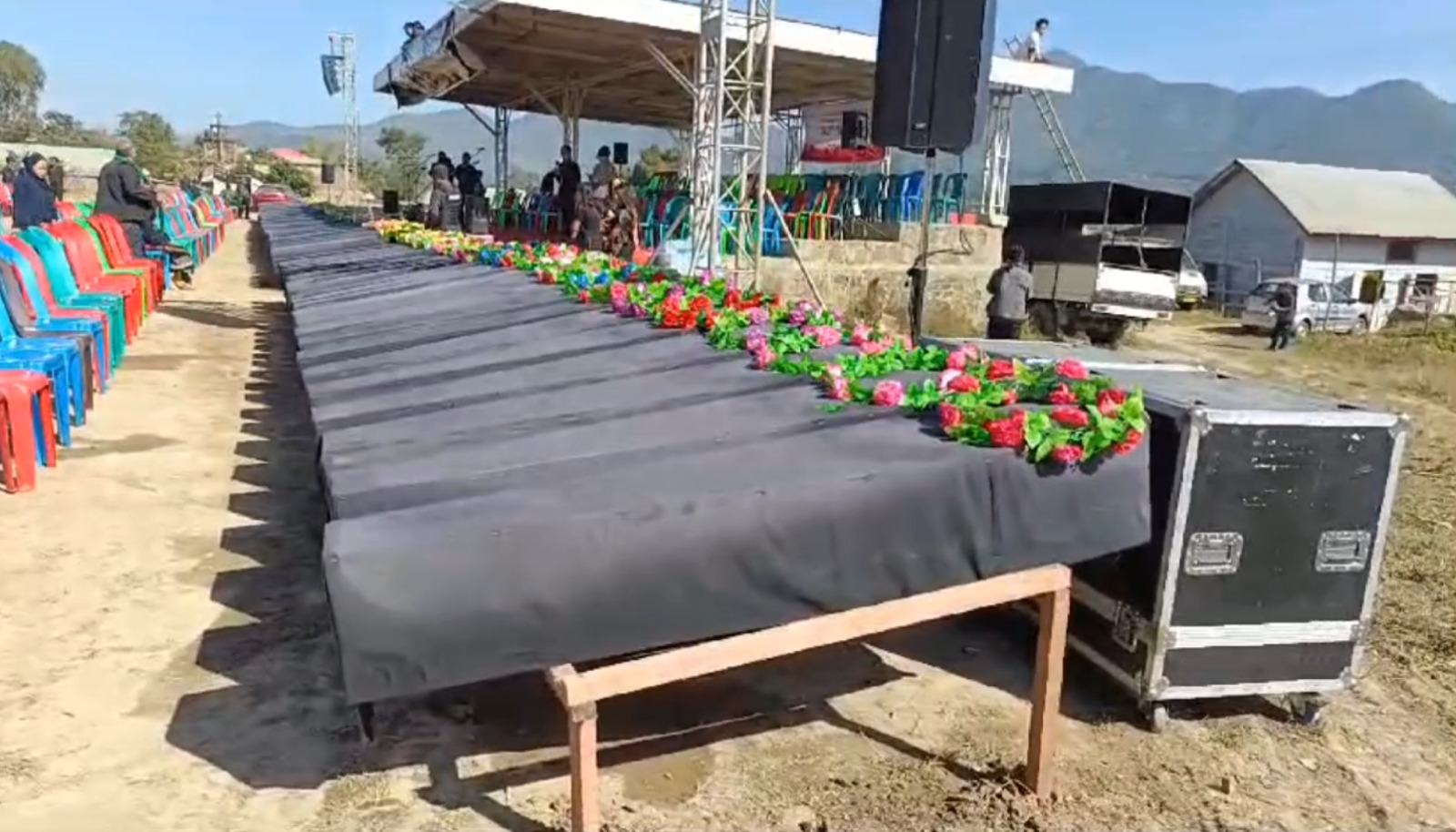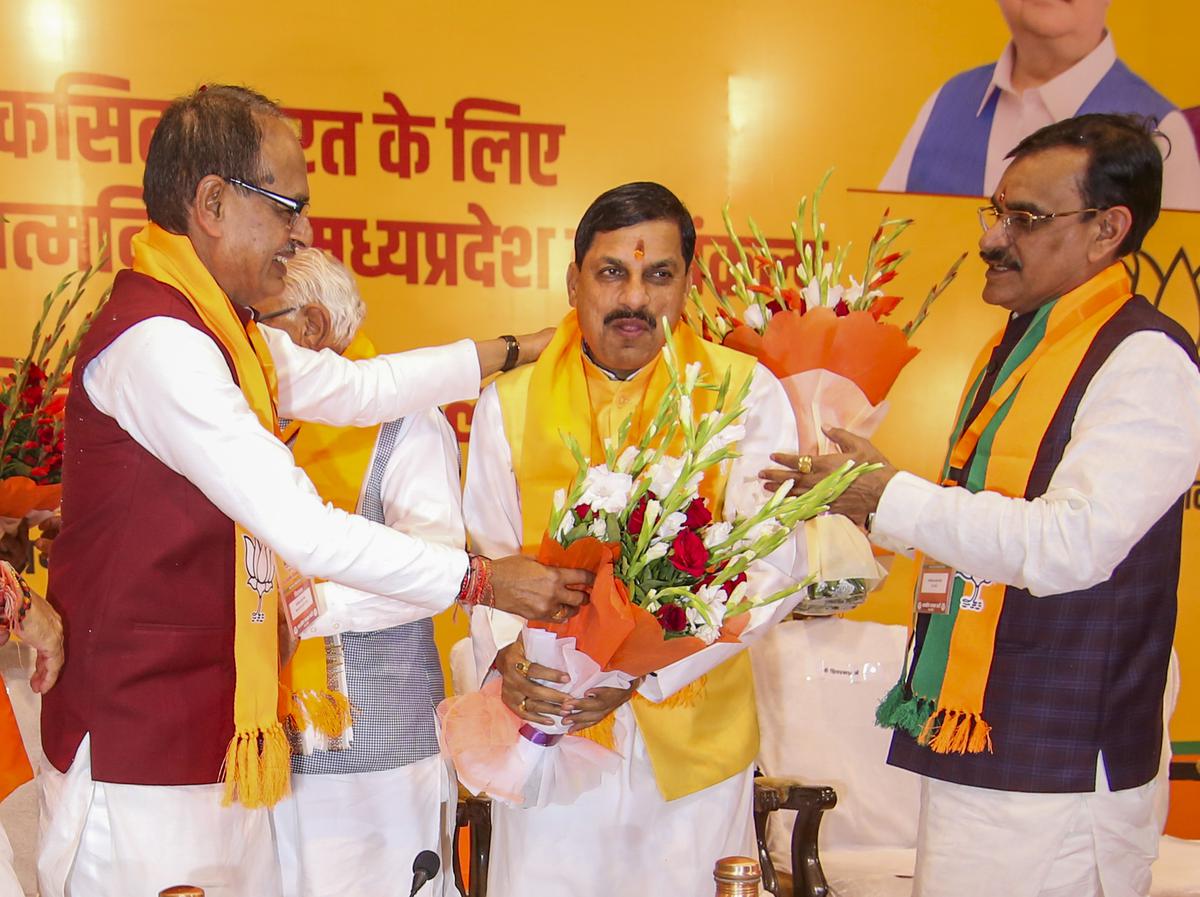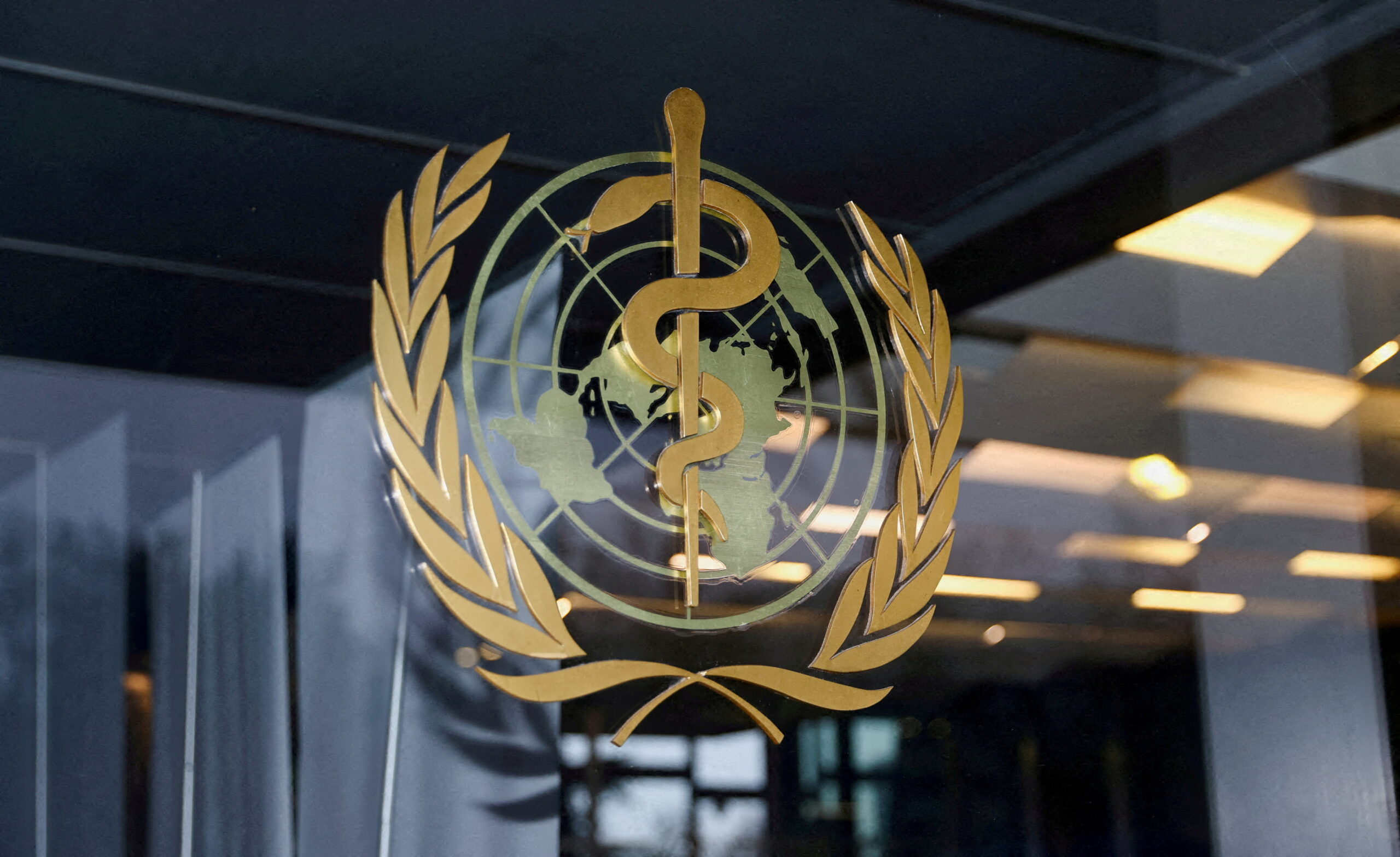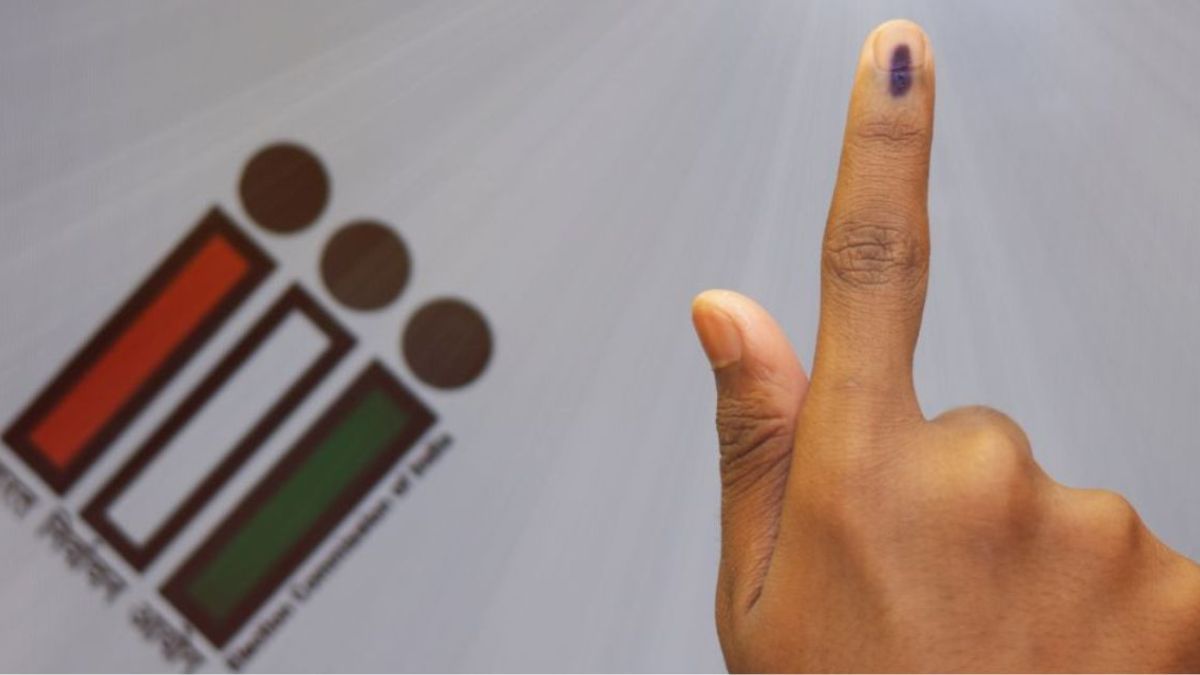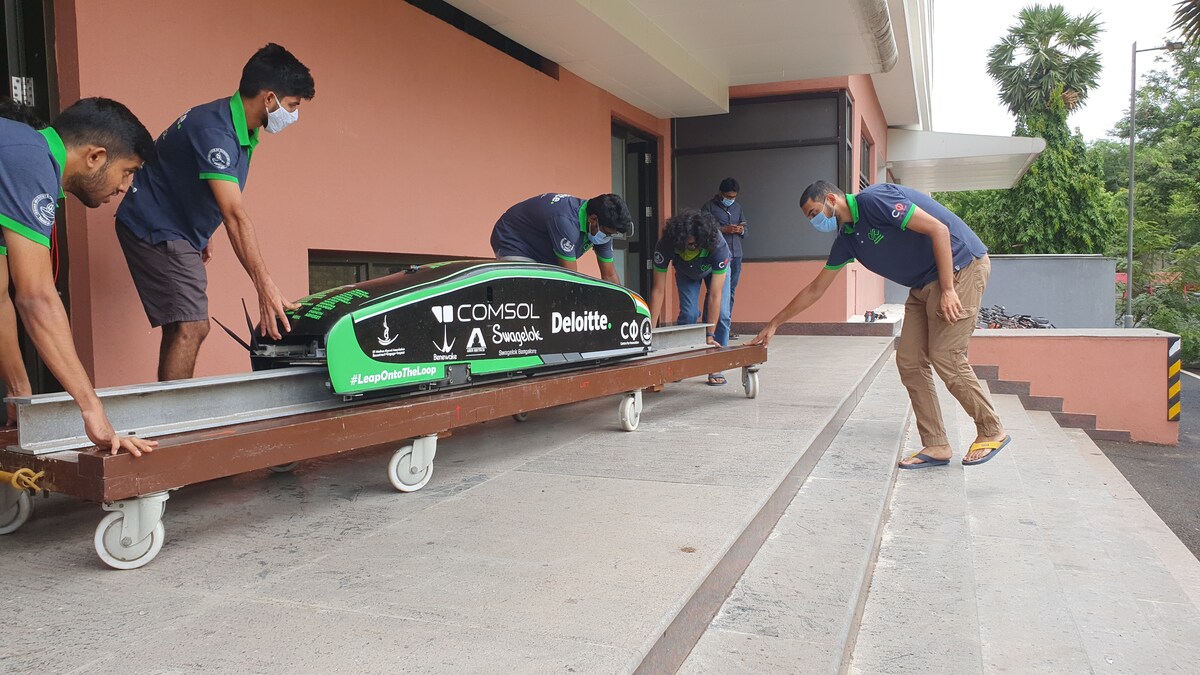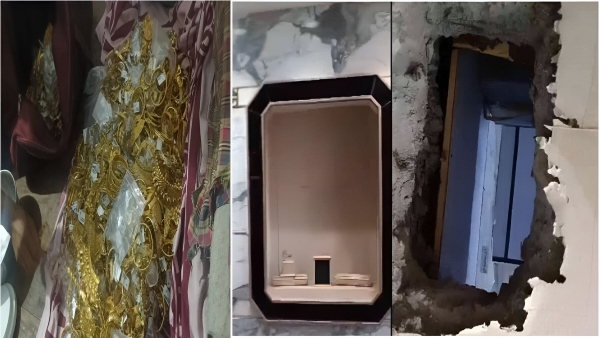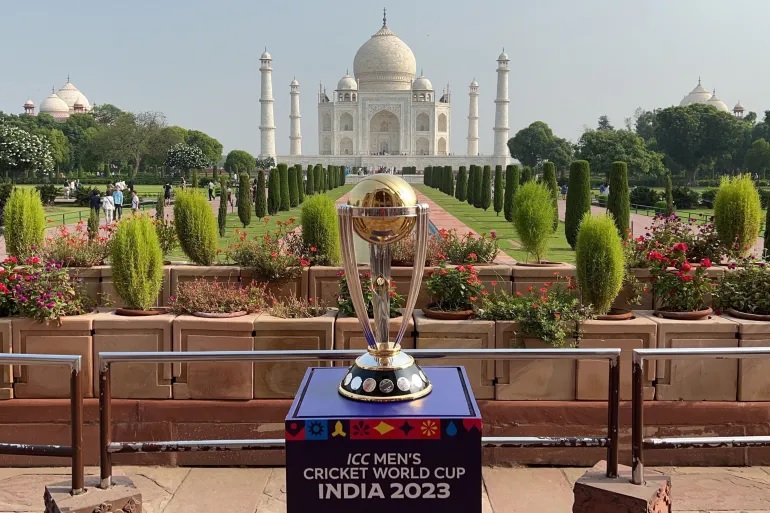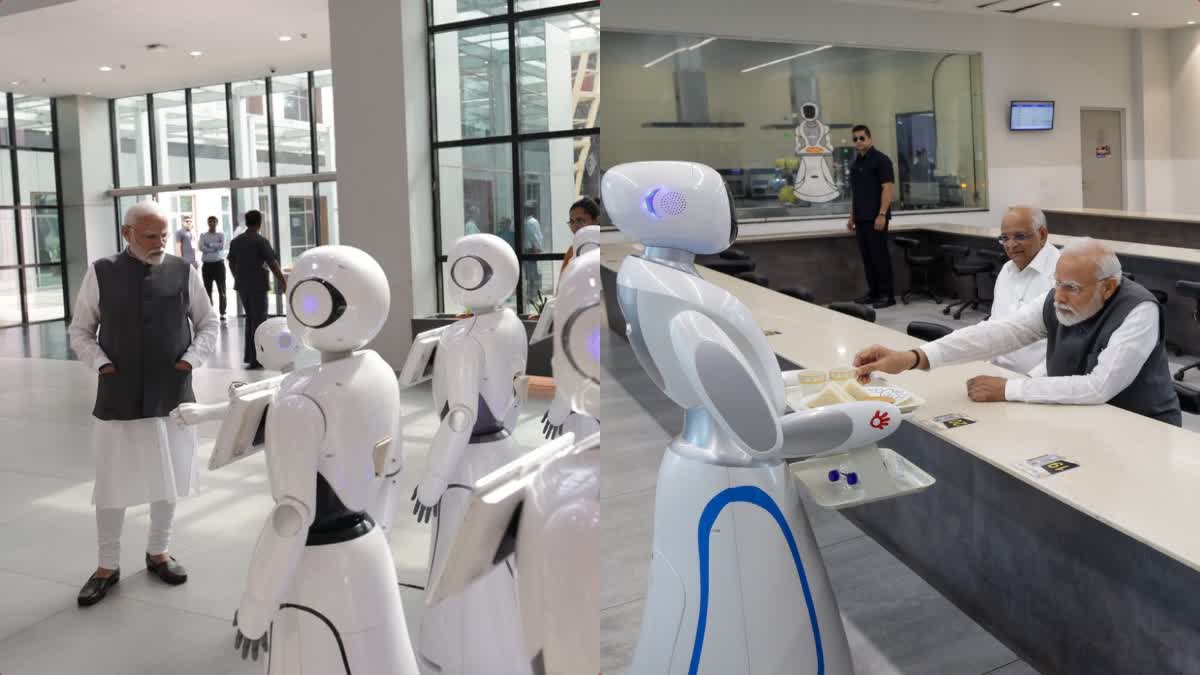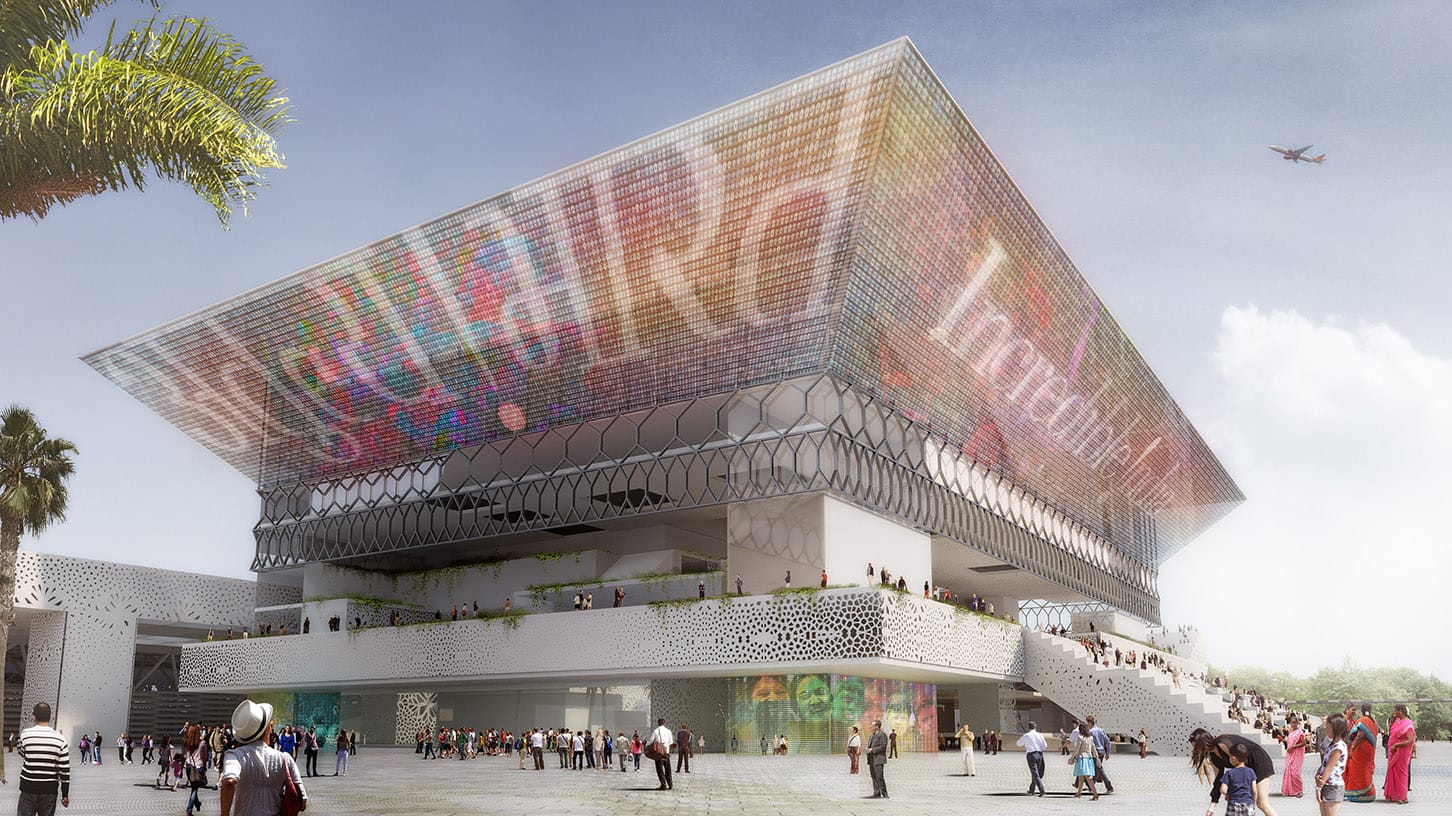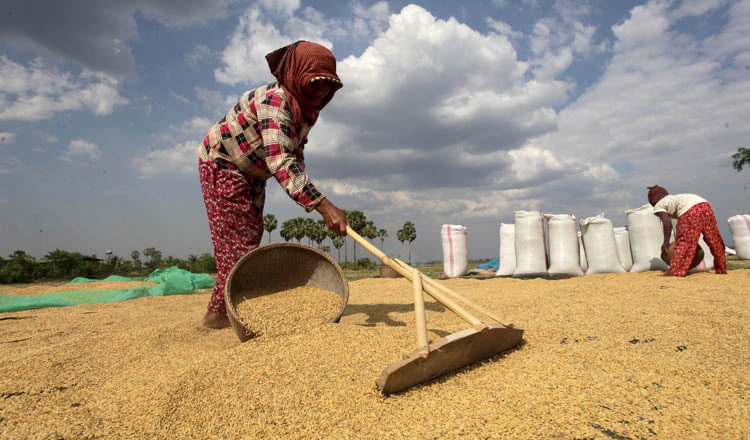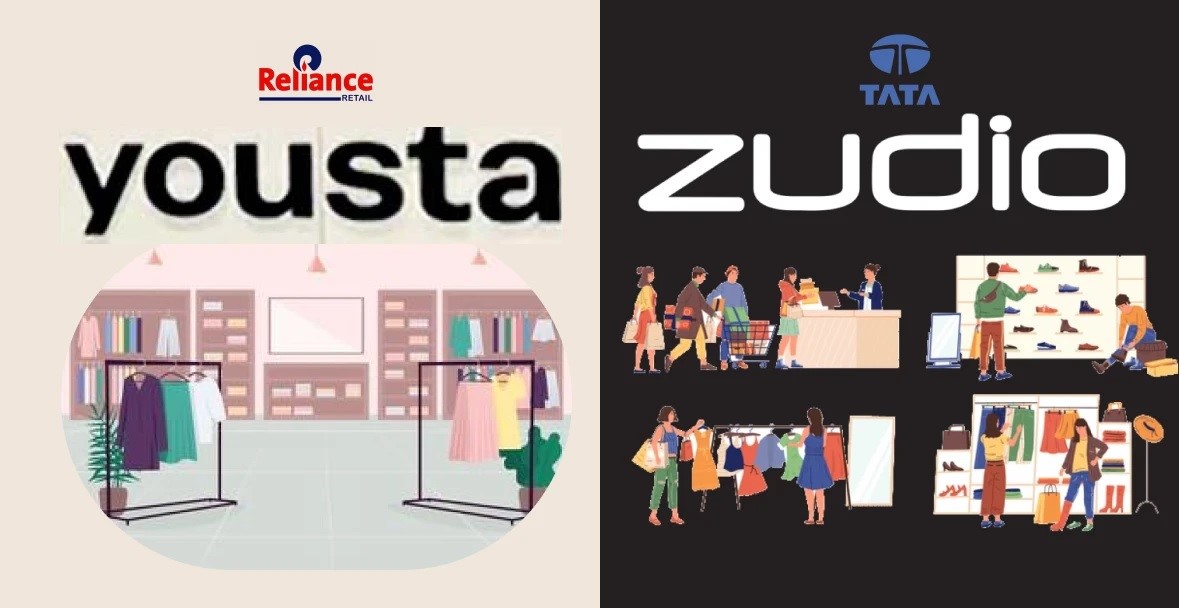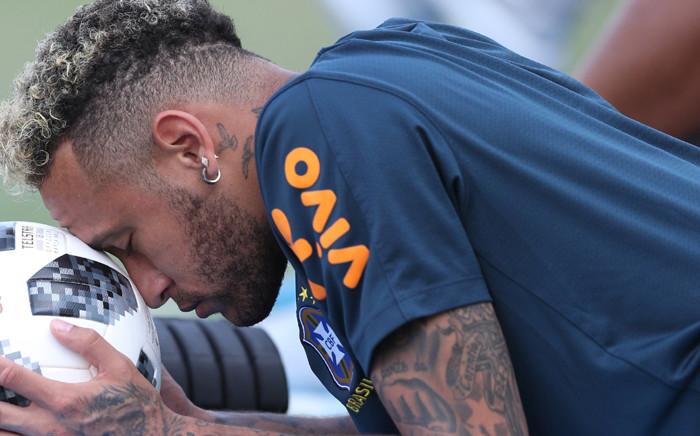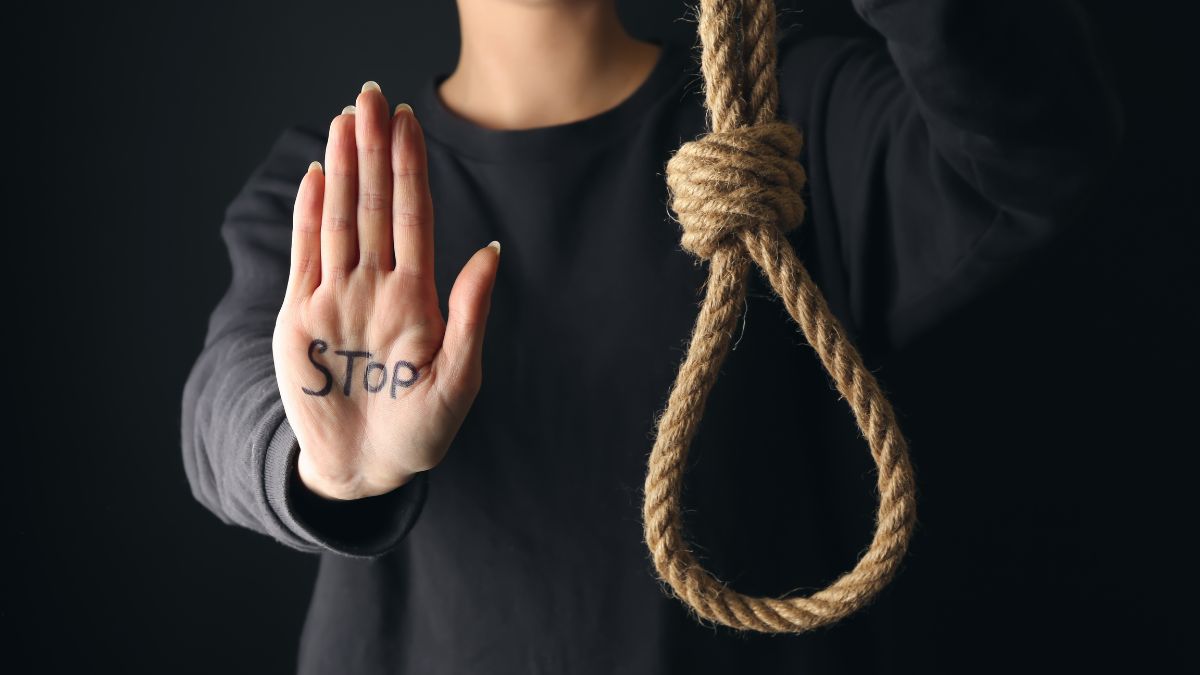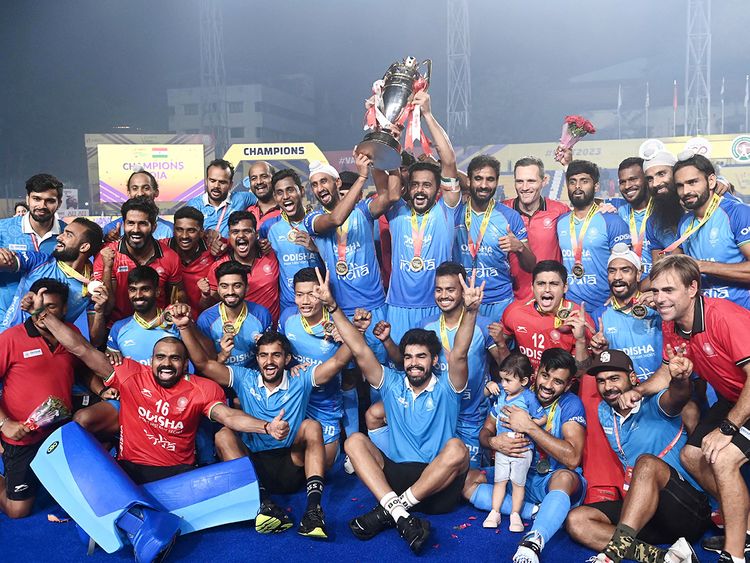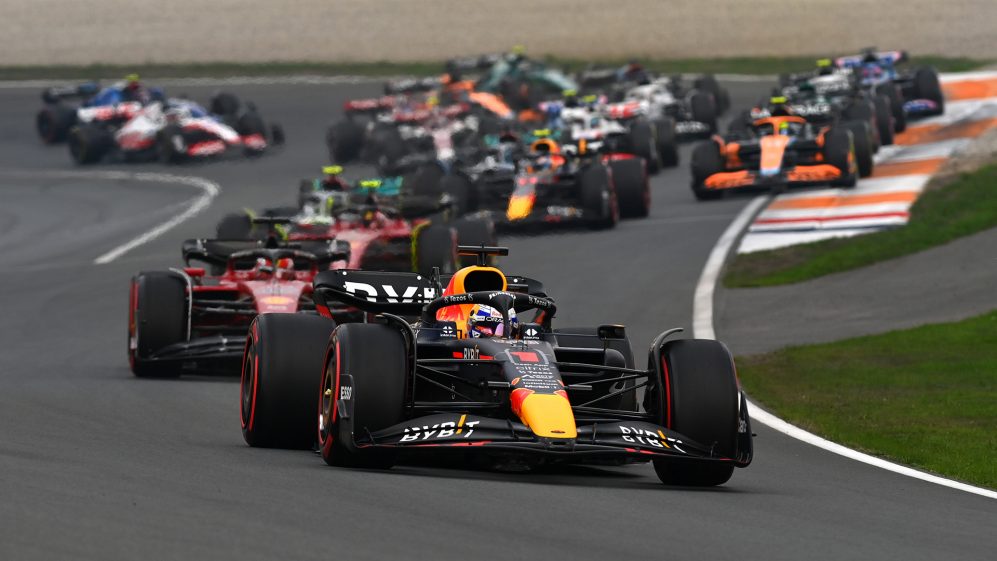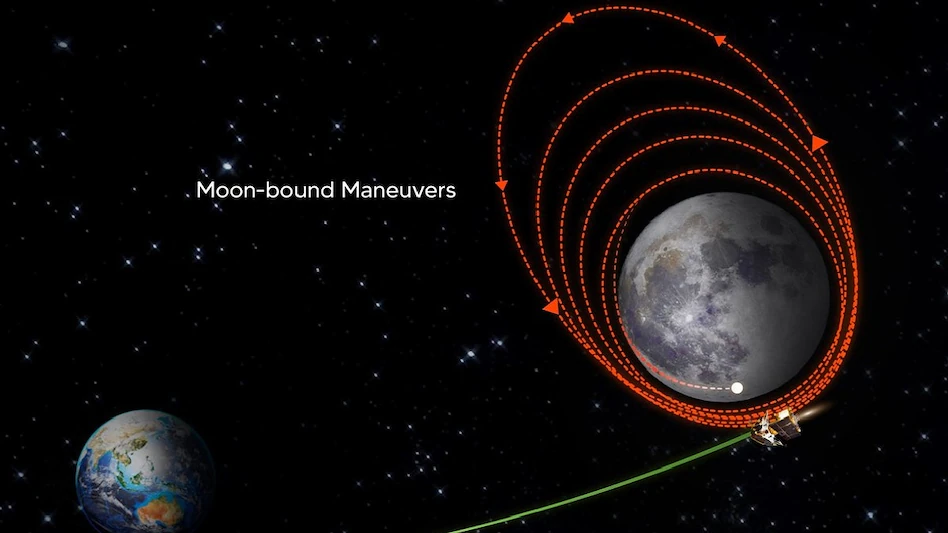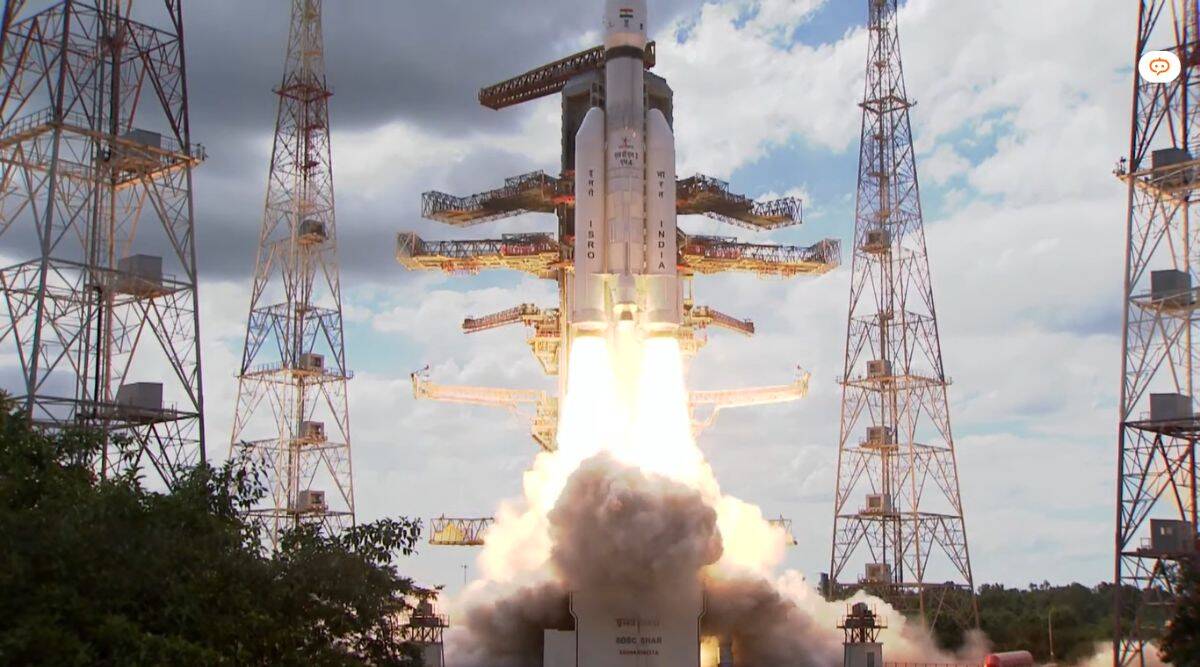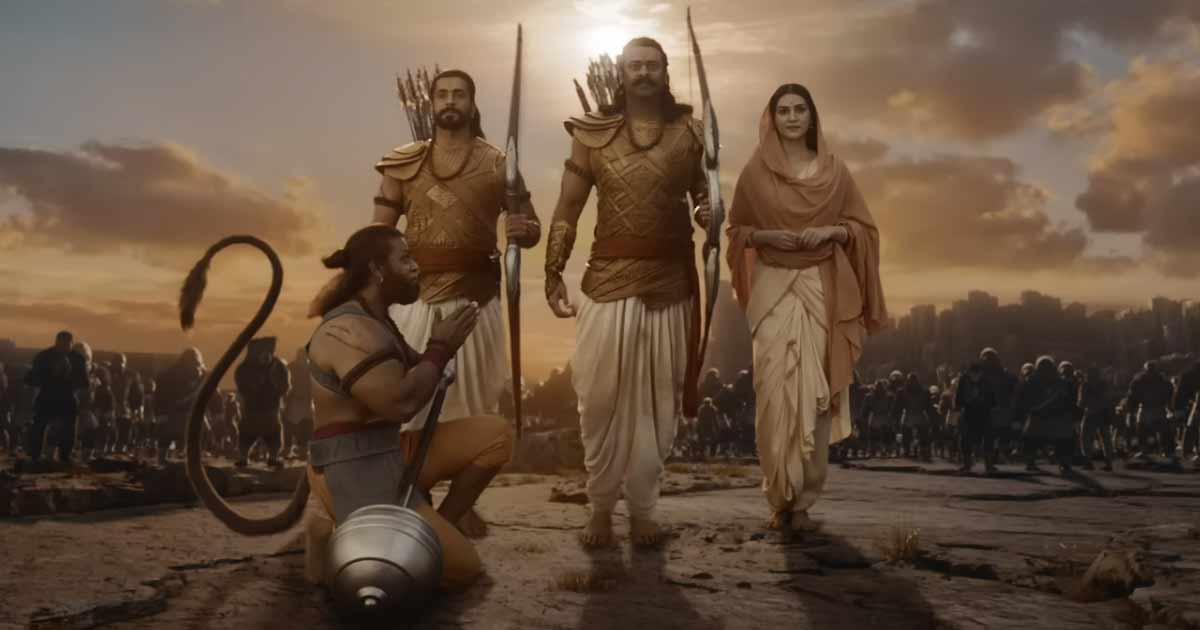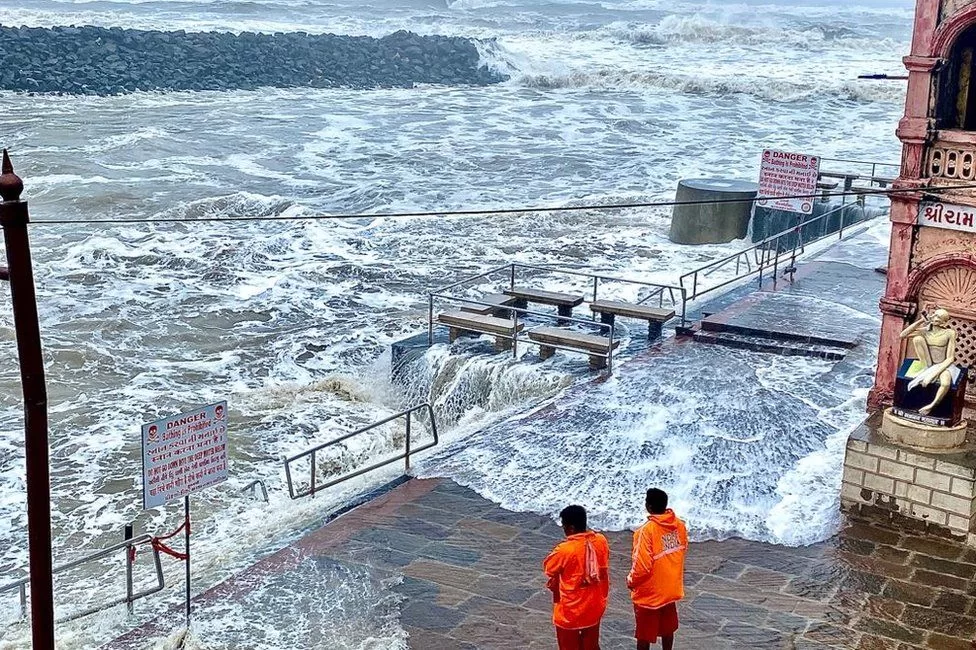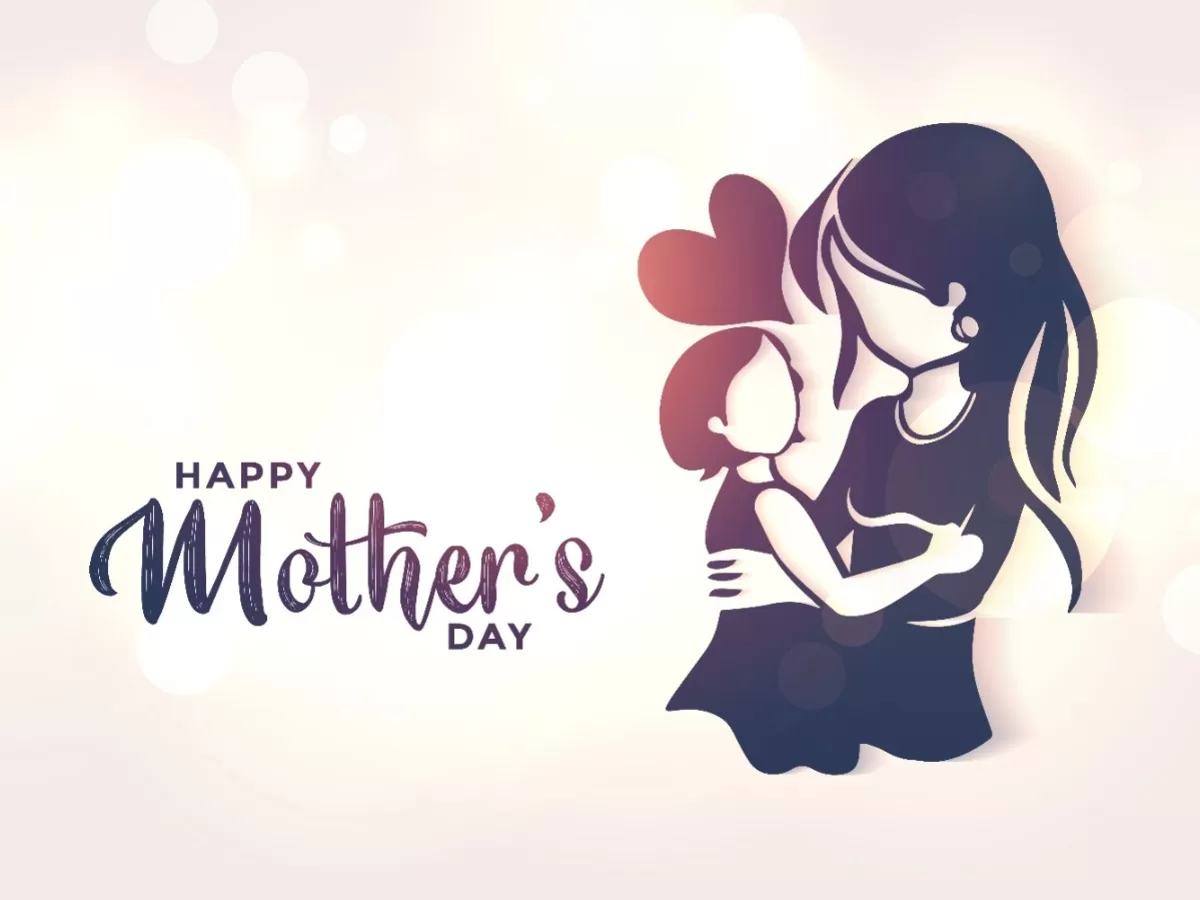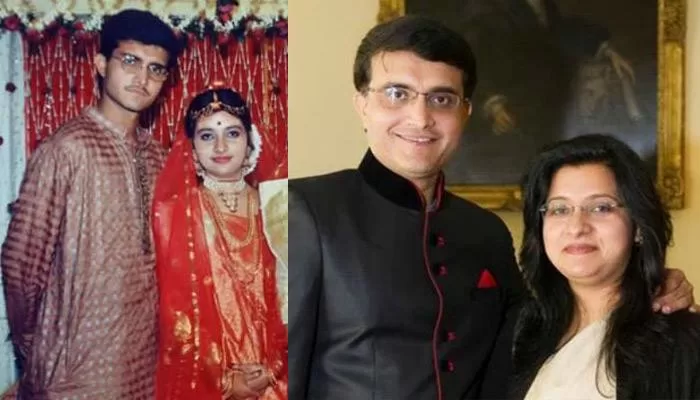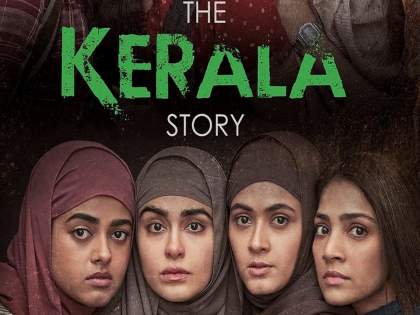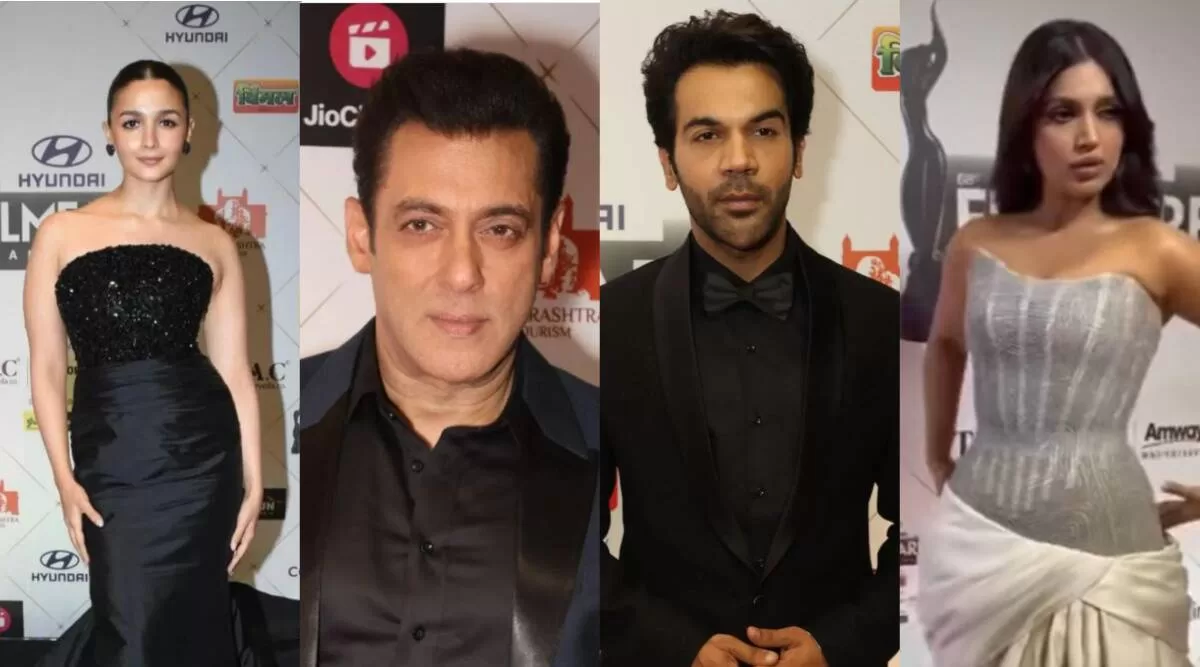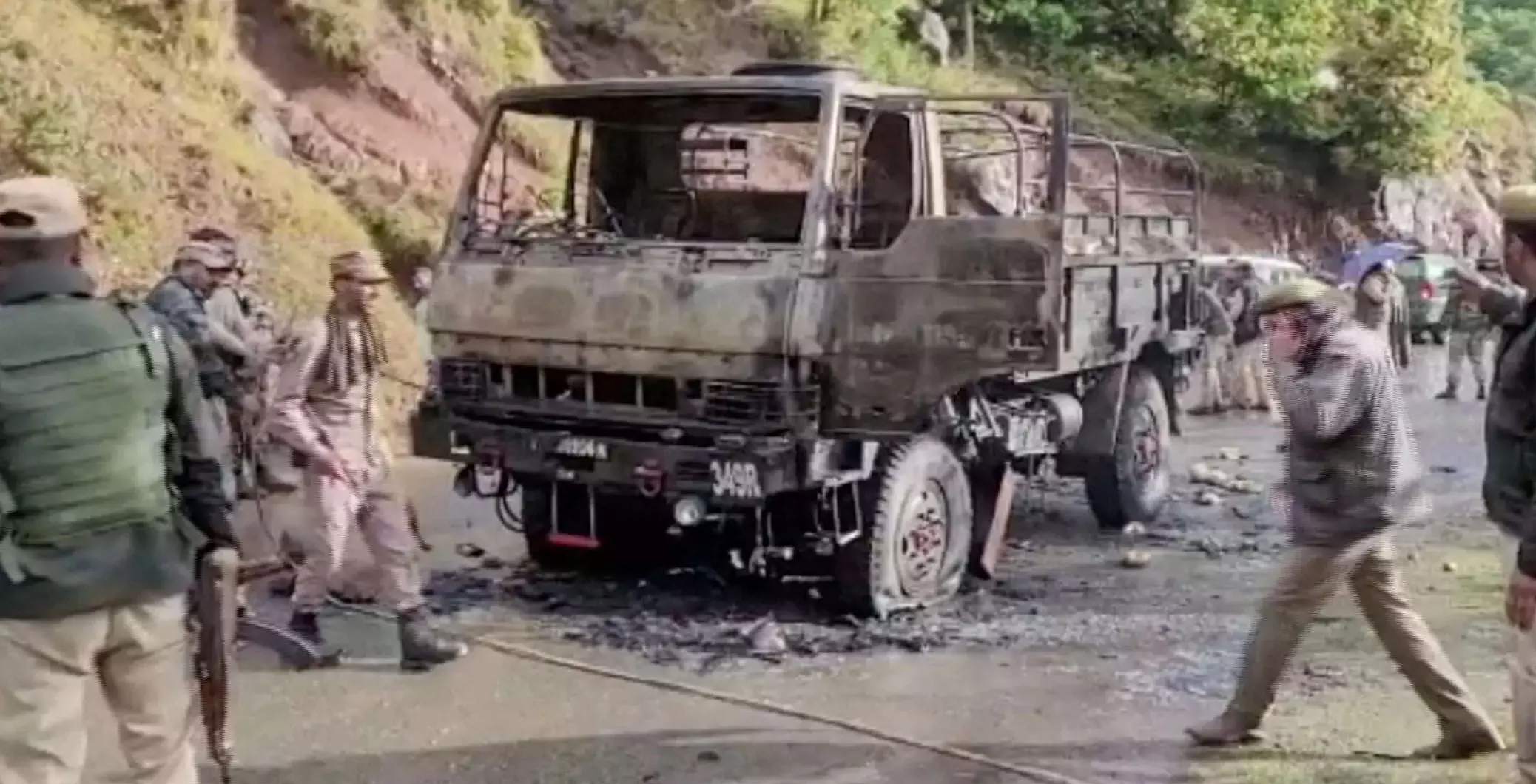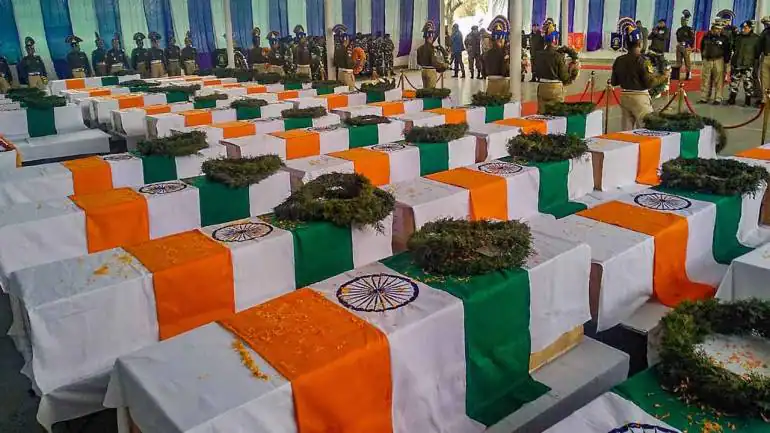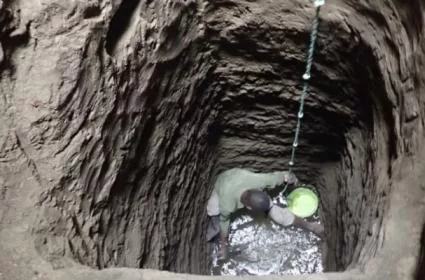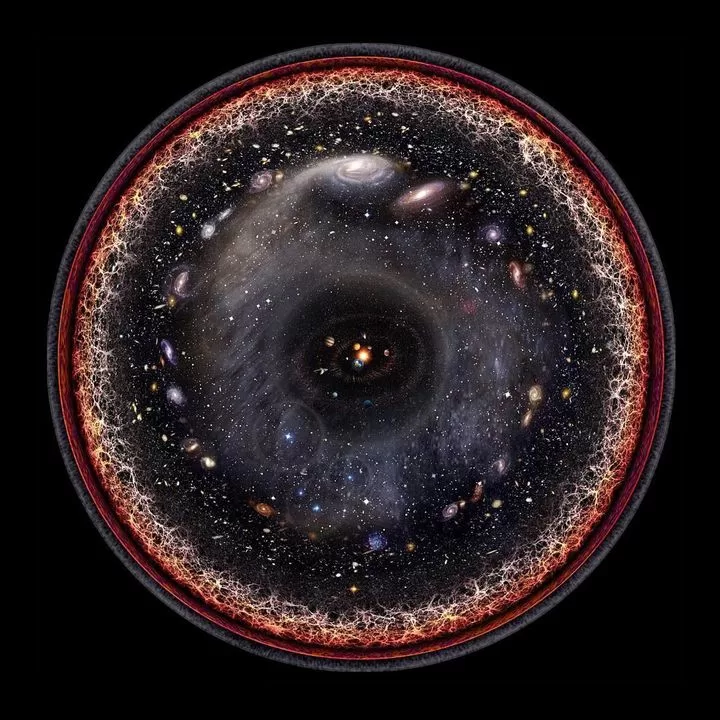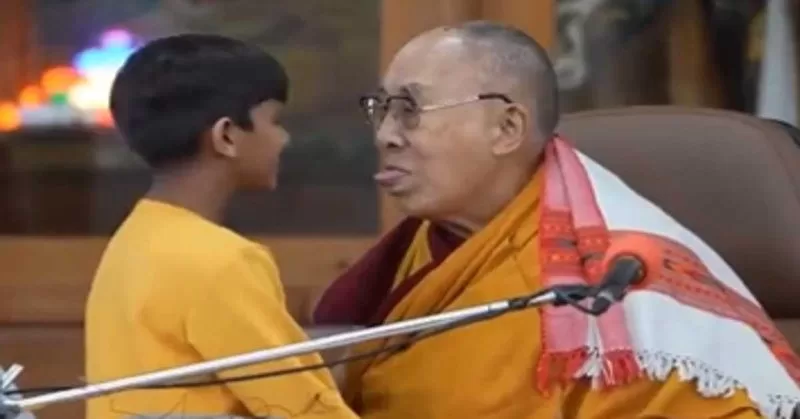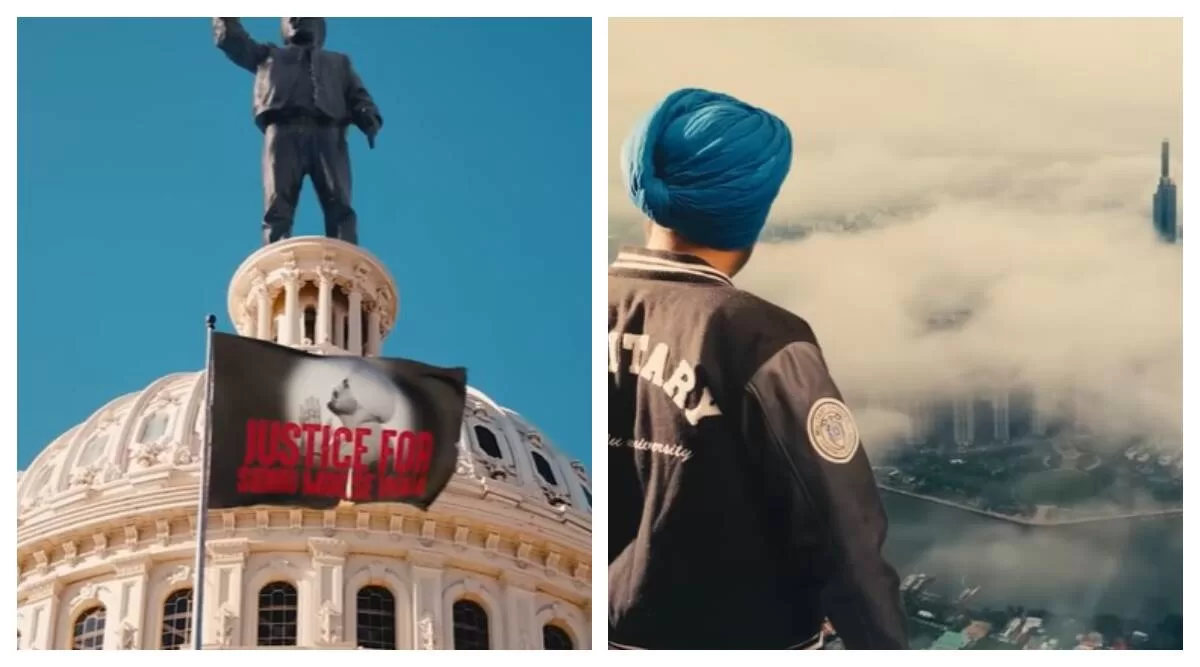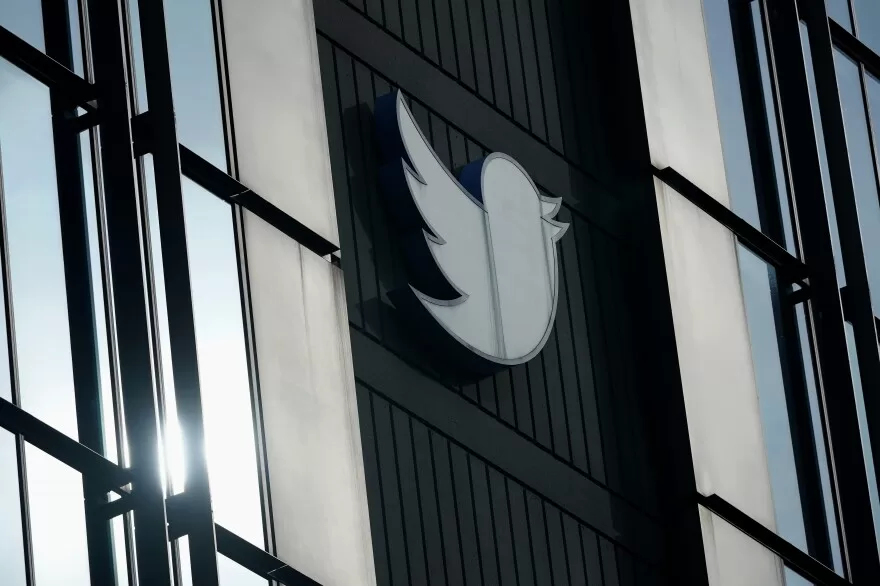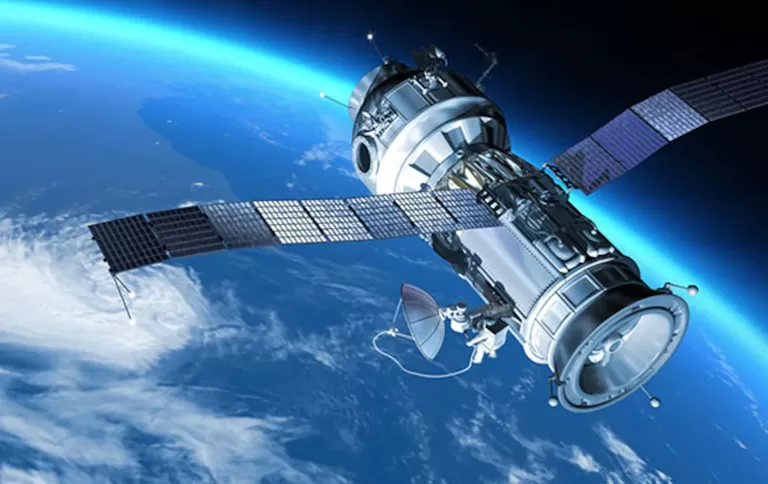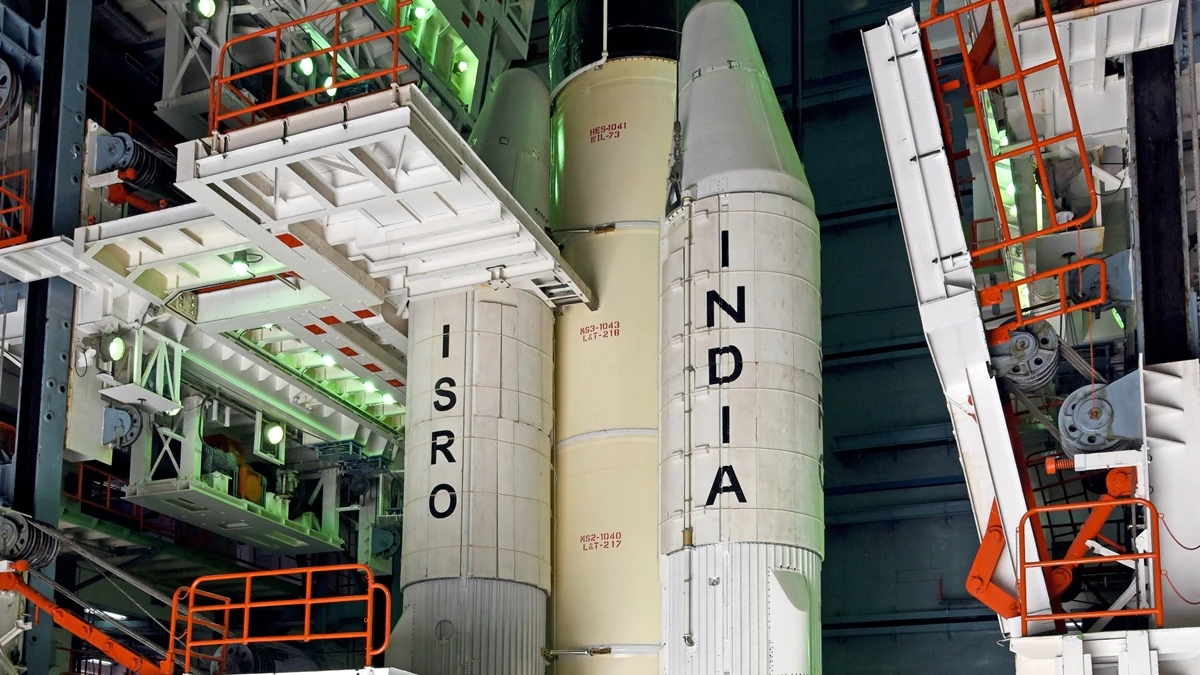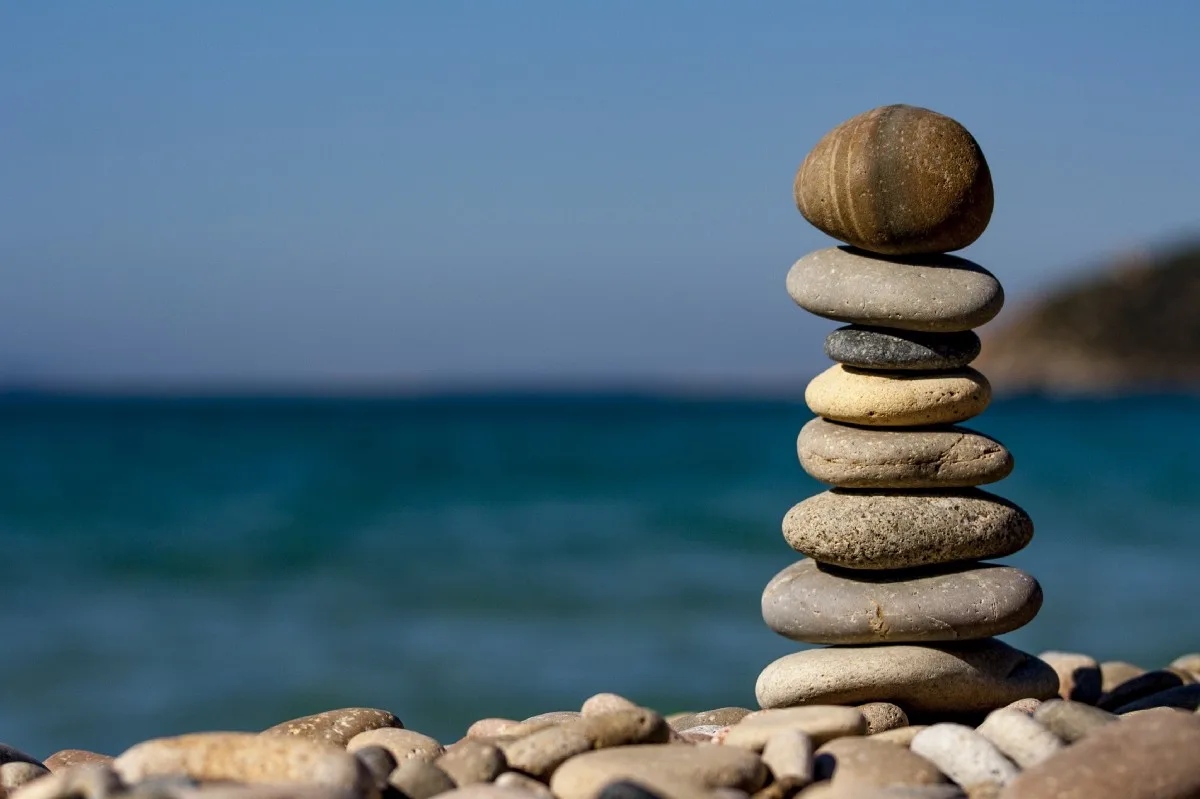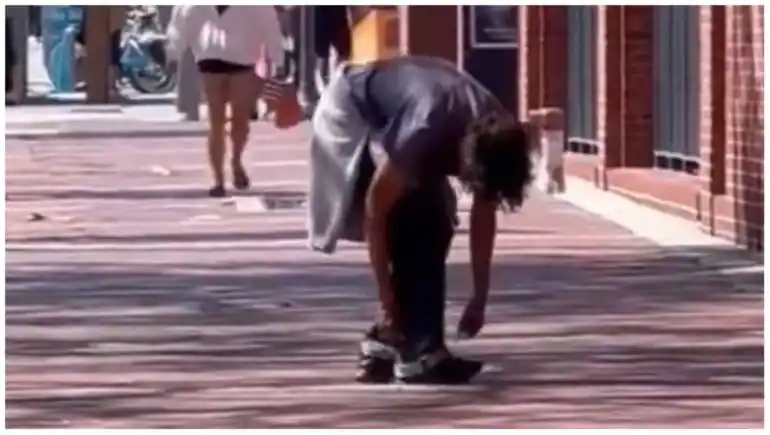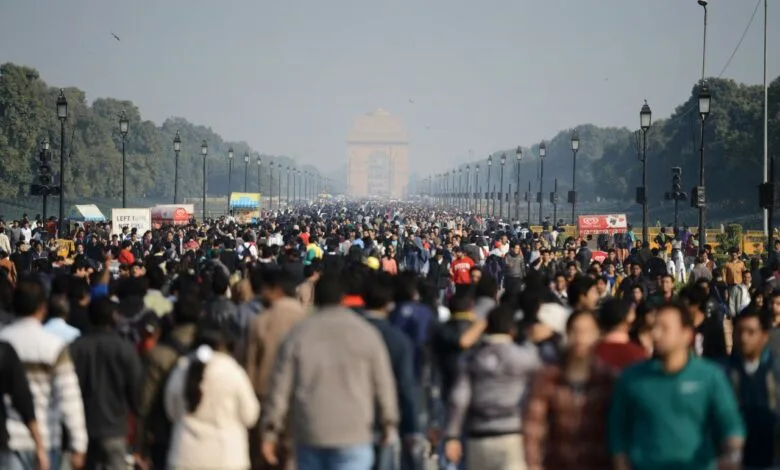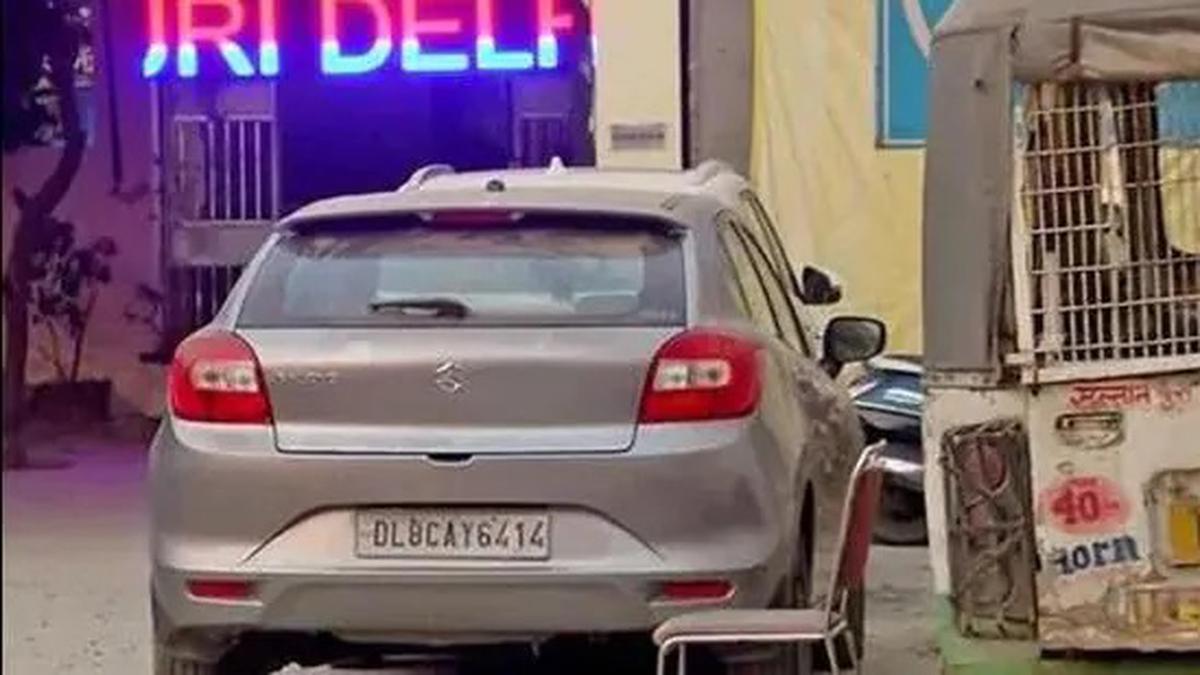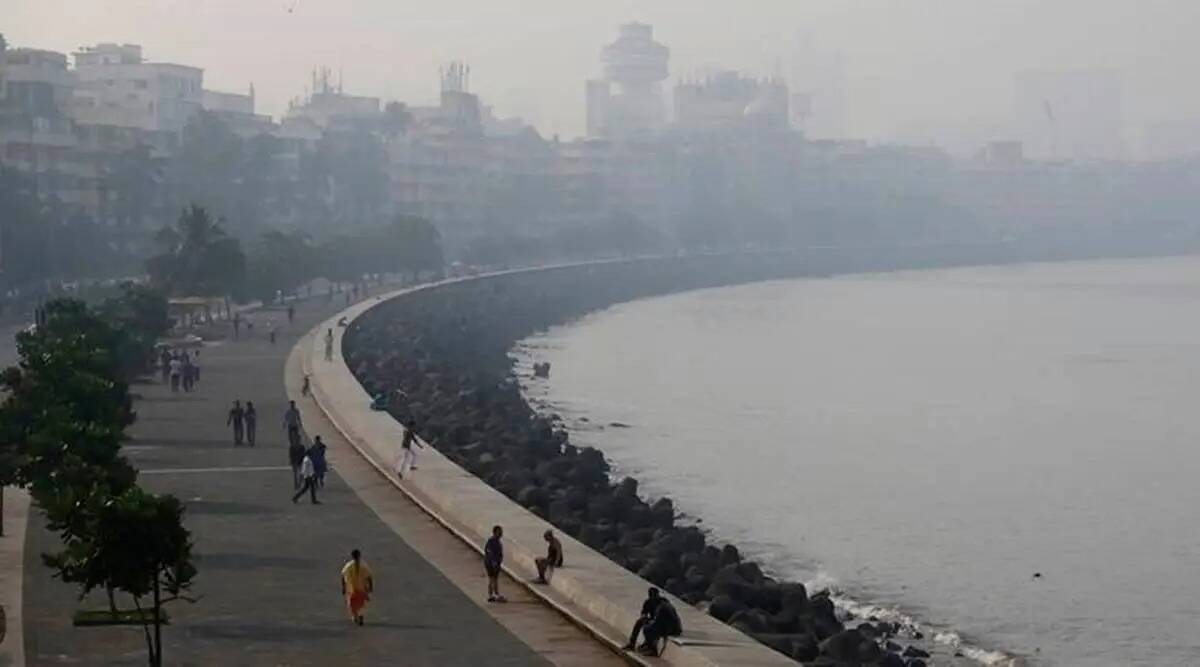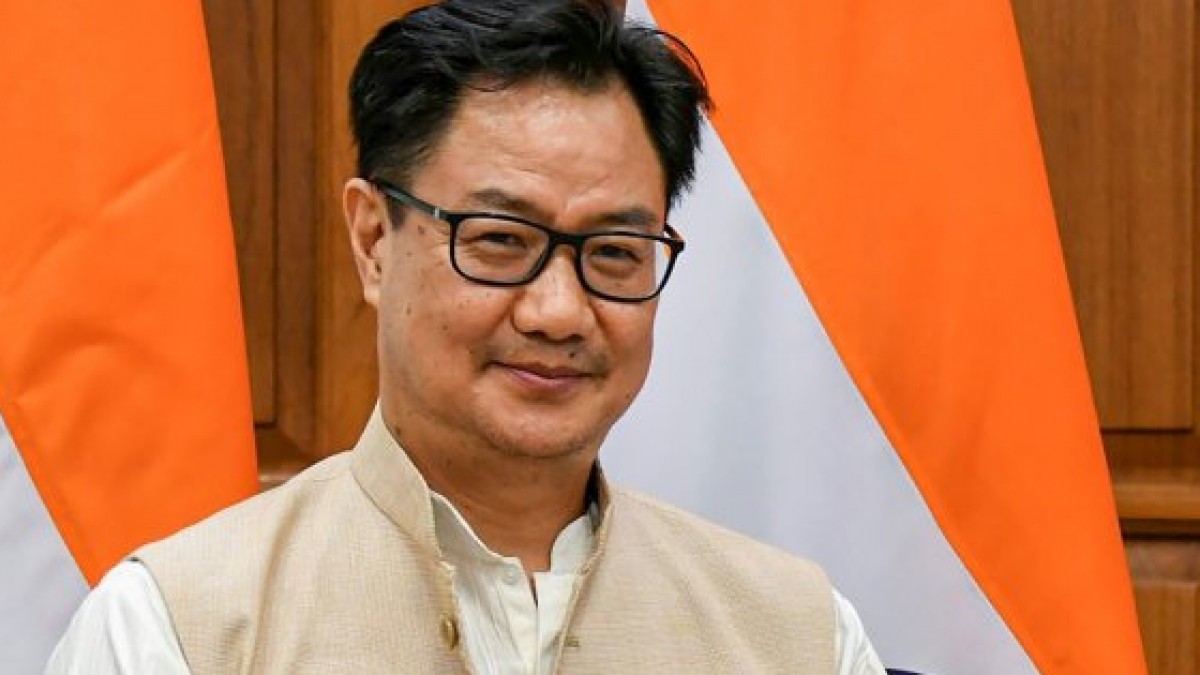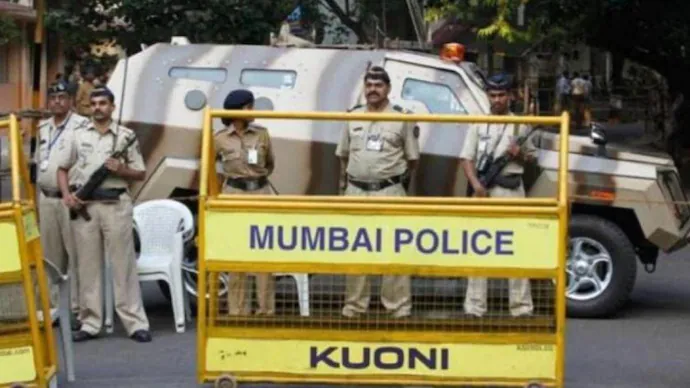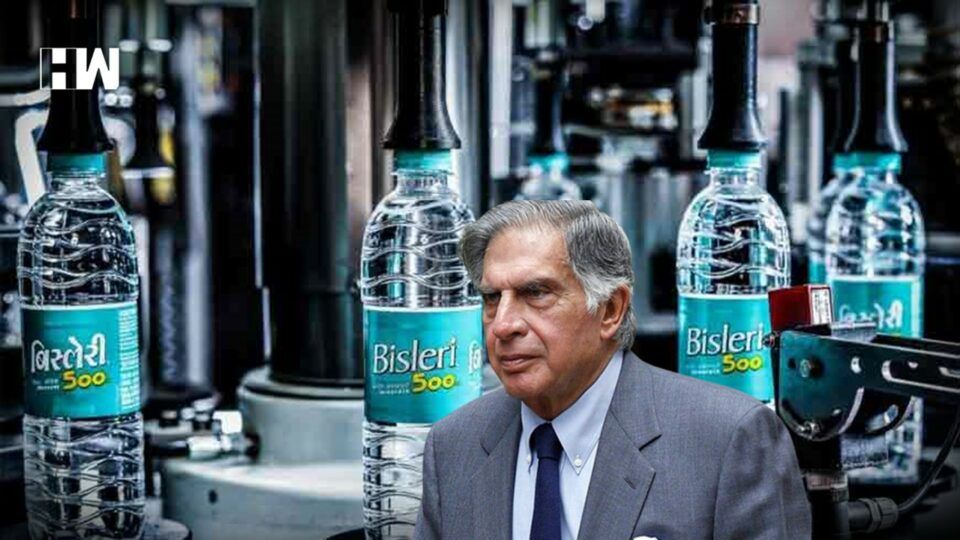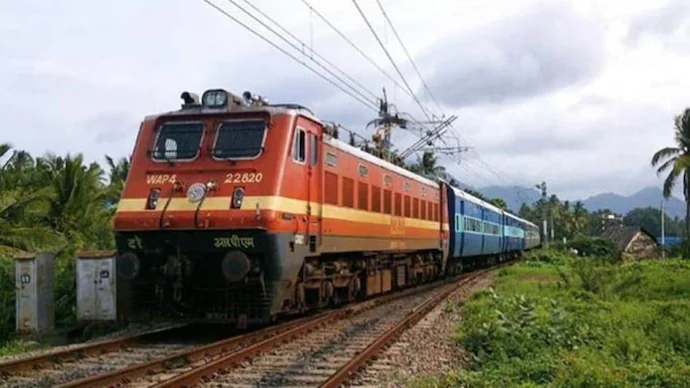
Live updates on Article 370 verdict: In 2019, when the Center revoked the special status, the state was bifurcated into two union territories, Jammu and Kashmir and Ladakh.
The Supreme Court on Monday concluded that Article 370 of the Constitution, which gave special status to the erstwhile state of Jammu and Kashmir, was a “temporary provision”. In a landmark judgment, the court unanimously upheld the Centre’s August 5, 2019 decision to abrogate Article 370 restrictions, restore statehood to Jammu and Kashmir at the earliest and hold assembly elections by September 30, 2024. Ordered.
In 2019, when the Center revoked the special status, the state was bifurcated into two union territories, Jammu and Kashmir and Ladakh.
The decision was given by a five-judge Constitution bench headed by Chief Justice of India DY Chandrachud in response to several petitions challenging the Centre’s action four years ago. After 16 days of hearing, the Supreme Court postponed the decision on 5 September.
The petitioners said that since its powers were transferred to the Jammu and Kashmir Legislature after the dissolution of the Constituent Assembly in 1957, the Center cannot unilaterally abrogate Article 370.
Indian unity and integrity got new strength in 2019 when Prime Minister Narendra Modi abrogated Article 370, according to the BJP, which on Monday described the Supreme Court’s decision to confirm the Centre’s decision as “historic”.
The Centre’s decision to abrogate parts of the article that gave special status to the erstwhile state of Jammu and Kashmir was unanimously upheld by the court, which also ordered the legislature to hold elections by September 30 next year and restore statehood. . possible.”
The Supreme Court on Monday refused to rule on the validity of President’s rule in Jammu and Kashmir, which was imposed in December 2018. This is because the petitioners did not explicitly challenge the validity of the rule as part of their larger challenge to the removal of the prior state. Its special status under Article 370.
A potential “chaos” was created by the court’s categorical warning against challenging decisions taken by the Union on behalf of the state (when President’s rule is imposed) for day-to-day administration.
Jammu and Kashmir BJP president Ravinder Raina on Monday praised the Supreme Court’s decision, saying, “We respect the decision in letter and spirit.” The judgment upheld the abrogation of Article 370.
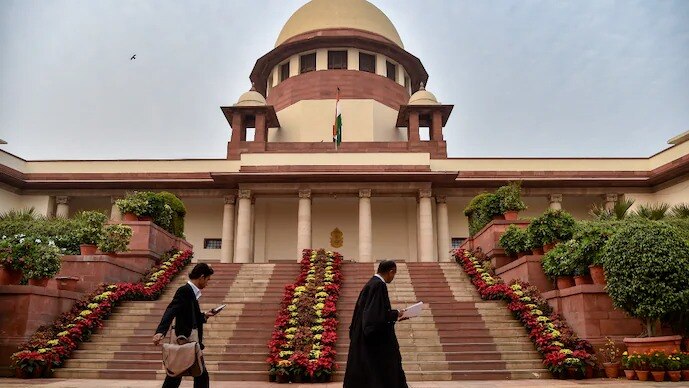

However, former Jammu and Kashmir Congress president GA Mir said the party was considering the decision and would issue a statement appropriately. He claimed that apart from guaranteeing specific protections for employment and land for the residents of the Union Territory, the Supreme Court should have set a deadline for restoring statehood.
The Supreme Court’s decision to constitutionally validate the abrogation of Article 370 was hailed by Defense Minister Rajnath Singh as a “historic” decision that will bring happiness to all Indians.
Along with praising Prime Minister Narendra Modi for removing Article 370, Rajnath Singh claimed that Jammu and Kashmir has entered a new phase of development.
“Through today’s historic judgment, the Supreme Court has upheld the decision of Parliament on 5 August 2019. In this time, Jammu and Kashmir and Ladakh have witnessed development, good governance and empowerment that was long overdue. This has strengthened the unity and integrity of India. Today’s decision signals a brighter future for our brothers and sisters in Jammu and Kashmir and Ladakh. “Modi government will continue its continuous efforts to bring more growth and development to them,” S Jaishankar posted on Twitter.



























































